EU warns chances for hard Brexit have never been higher
The European Union’s top negotiator for Britain’s withdrawal from the bloc has warned that chances for a hard and disorderly Brexit have never been higher after members of the British parliament refused for a second time to endorse a divorce deal signed between London and the EU.
Michel Barnier said on Wednesday that no one should underestimate chances for a no-deal Brexit at the end of March despite hopes that delaying Brexit beyond March 29, the date on which Britain is expected to leave the EU, would enable the British government to finally secure a divorce deal in the parliament.
Barnier’s comments came a day after the House of Commons rejected an improved version of Prime Minister Theresa May’s Brexit deal by 391 to 242 vote. The parliament had rejected the original agreement on January 15 with a historic margin of 230 votes. Lawmakers are expected to vote on a no-deal withdrawal and a delayed Brexit on Wednesday and Thursday respectively.
Barnier said, however, that delaying Brexit would do nothing to solve the current standoff, insisting that London and Brussels have already concluded their talks and there is nothing left to negotiate. Speaking to members of the EU parliament in Strasbourg, France, he added that EU Commission chief Jean-Clasude Juncker had reiterated that London would not be able to extend the Article 50 of EU’s Lisbon Treaty, a mechanism it triggered in 2016 to start the leave process, in order to delay Brexit beyond March 29.
“Why would we extend these discussions?” he said, adding, “The discussion on article 50 is done and dusted. We have the withdrawal agreement. It is there. President Juncker also said that there will be no further interpretations, no further assurances - we cannot go any further.”
However, senior EU leaders said on Wednesday they still hoped to avoid a disorderly British withdrawal although they admitted the Tuesday vote in the Commons had made the situation more complicated.
German Chancellor Angela Merkel said options for Brexit had become more limited after the Commons vote, but she said that avoiding a hard Brexit was still possible.
“We have not given up the goal of an orderly exit (for Britain) but yesterday’s events mean the options have become narrower,” said Merkel while regretting Tuesday’s humiliating defeat for May in the British parliament.
Merkel said the EU would decide on how to proceed with Brexit after the votes on no-deal and a delayed withdrawal ends in the British parliament.
Austrian Chancellor Sebastian Kurz also said that EU’s objective was still to avoid hard Brexit, a scenario which experts say would have dire economic implications for both Britain and the EU.
Kurz said EU heads of government would unanimously support any decision to avoid a hard Brexit.
“I assume that among the (EU) heads of government there is the unanimous view that it makes sense to avoid a no-deal scenario, a so-called hard Brexit,” he said.
The Austrian leader insisted, however, that the EU would support delaying Breixt if the British parliament approved he option in the Thursday vote.
“If that all happens as outlined, then we support this course of action,” Kurz told a news conference in Vienna.
VIDEO | New national transport strike hits Italy
US to pull out troops from Chad in second African state withdrawal
Yemeni armed forces strike British oil tanker in Red Sea
VIDEO | Genocide in Gaza
VIDEO | Press TV's news headlines
VIDEO | American, Israeli rabbis call for ceasefire during protest near Gaza
Iran calls for enhanced defense cooperation with Russia
US campus crackdown: 500 pro-Palestinian protesters arrested


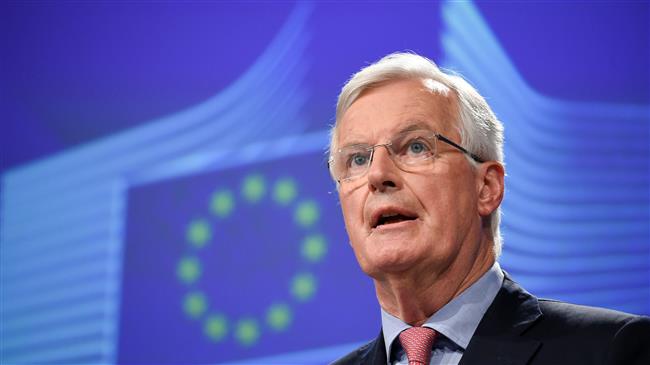


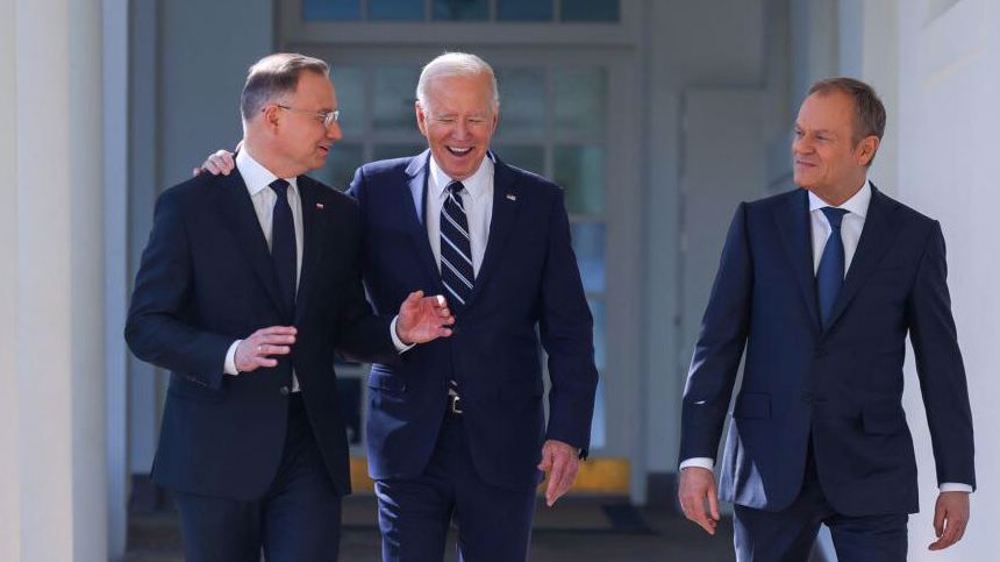
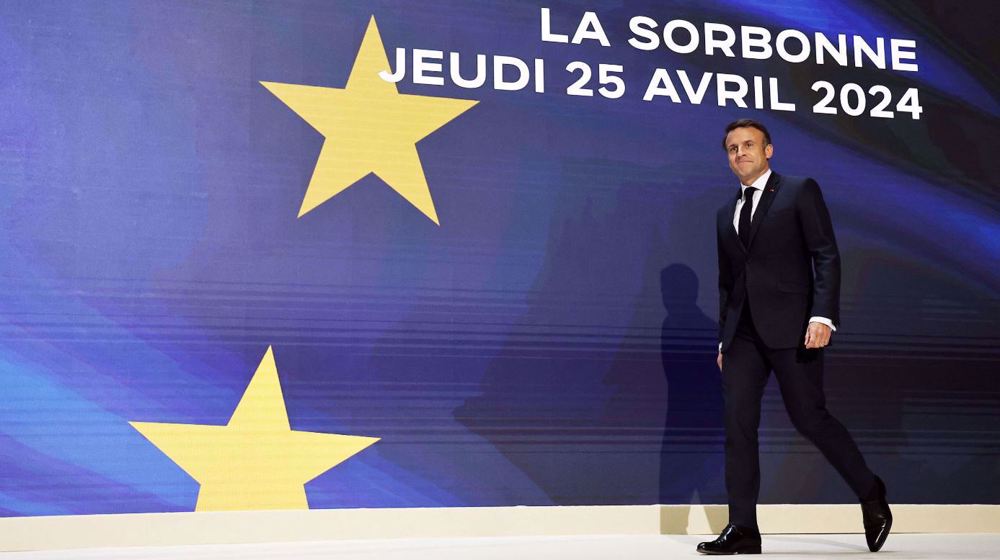
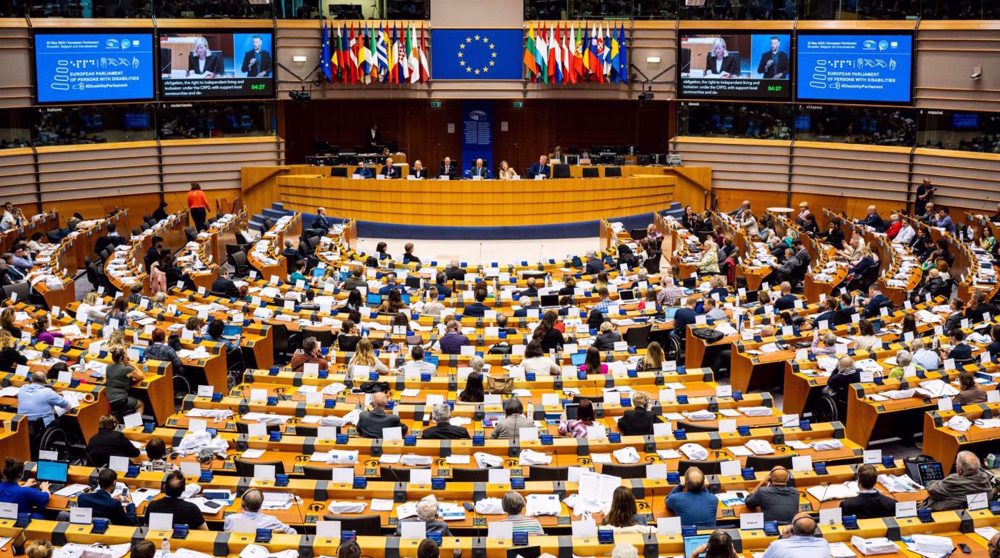



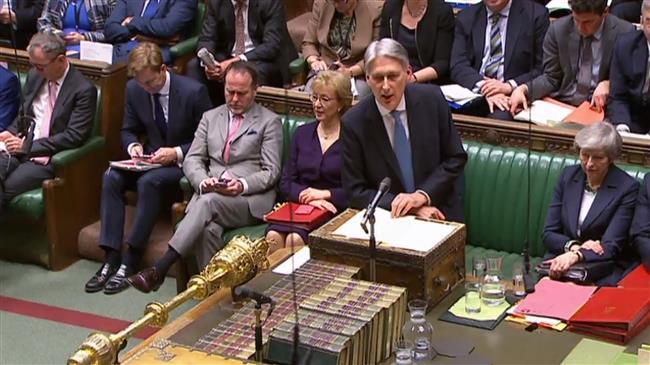
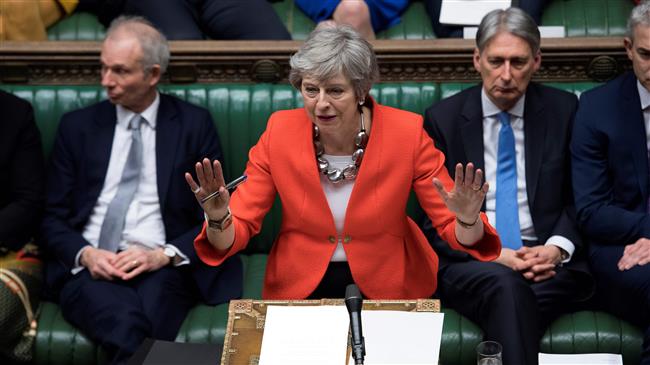
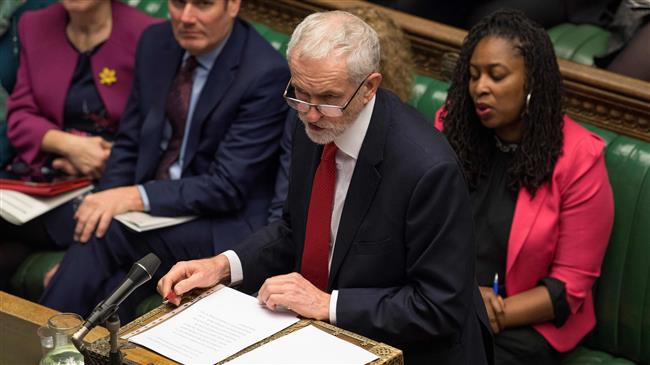

 This makes it easy to access the Press TV website
This makes it easy to access the Press TV website